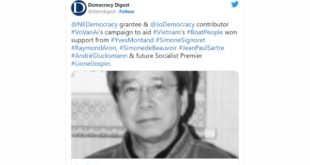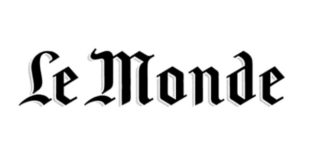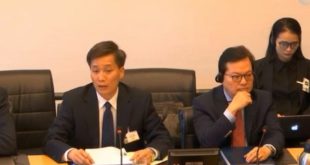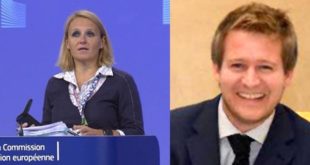By Christina Toh-Pantin
HANOI, Sept 16 (Reuters) – Unsanctioned religious groups in Vietnam on Thursday welcomed Washington’s designation of Hanoi as an abuser of rights to worship, while U.S. businesses and non-governmental organisations expressed dismay.
The State Department’s annual report tracking religious freedoms worldwide included the communist country for the first time on a blacklist of countries “of particular concern” (CPC), along with newcomers Saud Arabia and Eritrea.
Five other countries — Myanmar, China, Cuba, Iran and North Korea — were re-designated on the list, which leads to the options of 14 various political and economic sanctions should the president choose to apply any.
Vietnam’s foreign ministry, which protested against the designation, said in a statement on Thursday : “It is a wrongful decision based on erroneous information and inaccurate reflection of Vietnam’s situation.”
Diplomatic ties between the two former war foes were reestablished in 1995, two decades after the Vietnam War ended.
The report said Vietnam has imprisoned about 45 people of various faiths for religious reasons, shut down “house” or unofficial churches and repressed Protestant ethnic minority hilltribe people.
Hanoi said it had no religious prisoners or “forced renunciations of faith,” which was among the accusations in the report. A recently approved ordinance on religion respects and protects religious activities in the country, it said
The Unified Buddhist Church of Vietnam (UBCV), one of the groups cited in the report as facing persecution and detention of its leaders, welcomed the U.S. rebuke.
“GOOD NEWS”
“The designation of Vietnam as CPC is an important step forward for all religious freedom in Vietnam, and it is good news for all the victims of persecution,” Vo Van Ai, spokesman for the banned group, said in a statement issued from Paris.
Buddhism is one of six religions allowed to operate in Vietnam but the UBCV has resisted being folded into a state-sanctioned Buddhist group and wants to remain independent.
A Protestant pastor who heads a group of unofficial churches said the report highlighted religious problems in Vietnam.
“I’m not happy because we have limited freedom of religion,” said Pham Dinh Nhan, president of the Vietnam Evangelical Fellowship. He said he would not support sanctions.
“As a Christian leader I don’t want anything to make my people in the country suffer,” he said.
The American Chamber of Commerce in Hanoi said the addition of Vietnam to the list came as no surprise since the issue had been discussed extensively.
The U.S. business community “strongly believes that positive engagement is the way to move the bilateral relationship forward,” a statement from Terence Anderson, chairman of the body that promotes U.S. business interests, said.
A group of 20 non-governmental organisations that had written to U.S. Secretary of State Colin Powell urging him not to add Vietnam to the list said it was disappointed.
“We don’t think the (religious) situation in Vietnam has gotten worse,” said Andrew Wells-Dang, who represents the Fund for Reconciliation and Development, which aims to normalise ties between the United States and Vietnam.
“This isn’t helpful to the broader U.S.-Vietnam relationship,” he said.
 Quê Me Quê Me: Action for democracy in Vietnam & Vietnam Committee on Human Rights
Quê Me Quê Me: Action for democracy in Vietnam & Vietnam Committee on Human Rights




